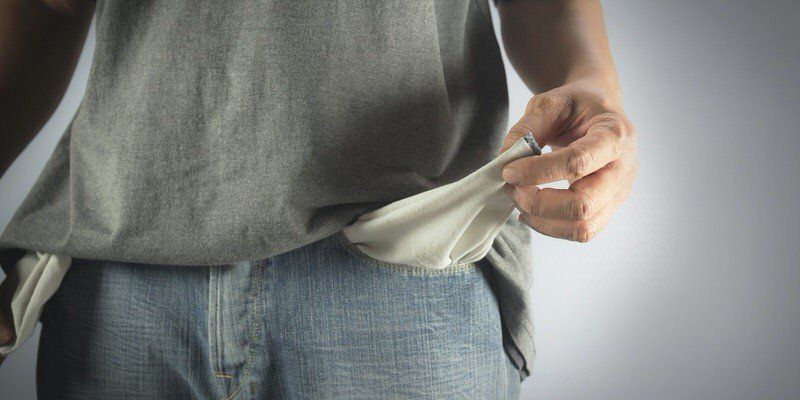Can I Get A Mortgage With No Downpayment?
The simple answer to this question is no. In order to secure mortgage financing in Canada you have to come up with at least a 5% downpayment.
Now, if you haven't set aside the 5% for a downpayment in your savings account, that is okay. There are still a few ways to get you a mortgage.
Gifted Downpayment
With the cost of living going up all the time, there is no doubt that saving for a downpayment is harder now than it once was. If you have a family member who has money and is willing to help you buy a property, they can gift you the funds for your downpayment.
The gift has to come from an immediate family member who will sign a gift letter indicating there is no schedule of repayment and that the gift doesn't have to be repaid. Proof that the money has been deposited to your account will be required through bank statements.
Gifted funds can make up part of or the entire amount of downpayment. For example; you are purchasing a property for $300k, you have $10k saved up, your parents are able to gift you the remaining $5k to make up the total 5% downpayment.
Borrowed Downpayment
If you aren't fortunate enough to have a family member who can gift you a downpayment but you have excellent credit and a high income compared to what you are borrowing, you might qualify to borrow your downpayment. This would be separate from and in addition to the mortgage funds.
It is possible to borrow your 5% downpayment as long as you include the payments in your debt service ratios.
The Canadian Mortgage and Housing Corporation (CMHC) has a program that allows you to use Non-Traditional Sources of Downpayment, which is described as "any source that is arm's length to and not tied to the purchase and sale of the property, such as borrowed funds, 100% sweat equity, lender cash back incentives."
For example; you are purchasing a property for $250k and you have a line of credit with a $20k limit but no outstanding balance. You could use that line of credit to borrow the $12,500 needed for the 5% downpayment assuming you can afford to carry the additional debt of the payments from the line of credit. Typically this is figured at 3% of the outstanding balance, in this case $375 per month.
RRSP Homes Buyers Plan
Okay, so you don't have the money set aside in your savings, but you do have a nice little RRSP going. Assuming you are a first time home buyer, you can access the money from your RRSP Tax Free to use as a downpayment. You are able to access up to $25k individually or $50k as a couple and the money has to be paid back into your RRSPs over the next 15 years.
Below is the Home Buyer's Plan (HBP) PDF document from Canada Revenue Agency for your reference.
Regardless of how much money you have available to you at this time for a downpayment, if you are considering purchasing a property in the near future, please let me know.
It's never too early to start the conversation about getting pre-approved for a mortgage. Please contact me anytime, I'd love to work with you.







